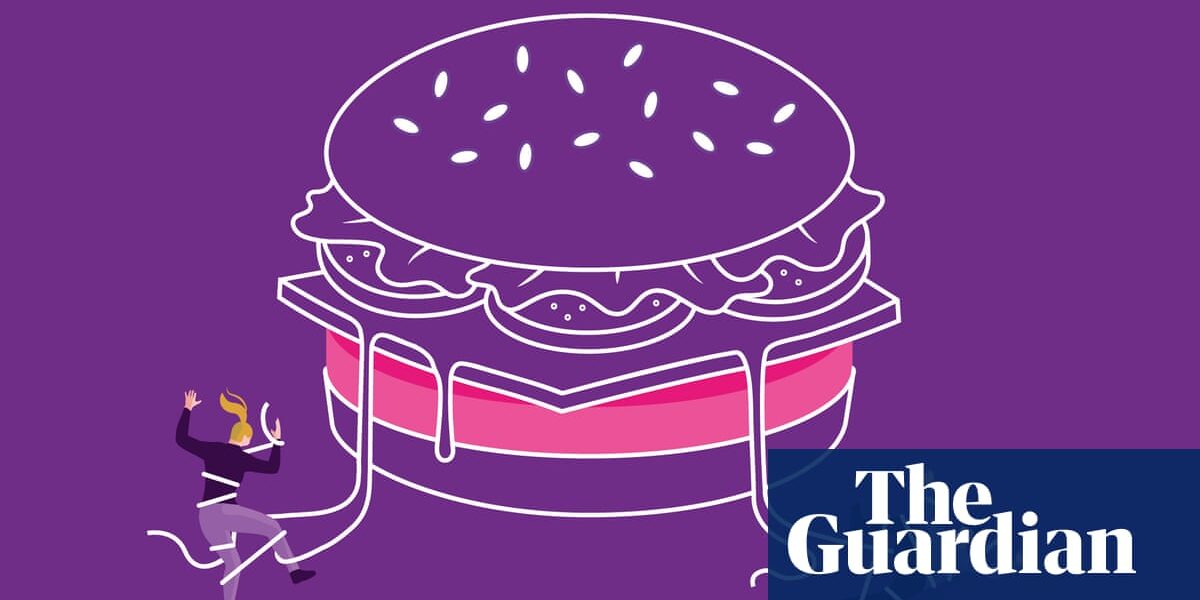
I
During the 1960s, psychologist Walter Mischel from Stanford University created a method to measure self-control in four-year-old children. He left them in a room with a plate of marshmallows and gave them the choice to either eat one marshmallow immediately or wait for the adult to return and eat two. Over the years, he observed something interesting – the children who waited for two marshmallows tended to perform better in school, were less likely to use drugs or engage in criminal activities, were more content, and had higher incomes. Mischel concluded that self-control, or the ability to resist instant gratification, was crucial to achieving success.
In recent years, psychologists have contested Mischel’s discoveries. Mischel’s initial experiments involved a small sample of less than 90 children, all attending the same nursery. However, when larger and more diverse groups were studied, a new pattern emerged: it was the more affluent children who demonstrated better self-control in resisting the marshmallow. This is due in part to their higher likelihood of believing they will receive the promised two marshmallows if they wait, as well as the influence of our surroundings on our self-control in complex and often overlooked ways. In essence, our self-control is not entirely determined by our own willpower.
Most people would agree that luck has had a significant impact on their lives. We have no control over where we were born, our family background, or our natural abilities. However, we can take responsibility for how we handle the circumstances we are given, whether we use our advantages wisely or overcome challenges. Even qualities like perseverance and determination are influenced by factors outside of our control. According to a recent study of twins, our genes play a significant role in shaping our self-control. Additionally, social status, upbringing, and income all play a part in our brain’s ability to make difficult decisions, as childhood adversity, discrimination, stress, exhaustion, and hunger can affect the prefrontal cortex’s activity. Given these factors, it is worth considering how much responsibility we should take for our moments of weakness.
Environmental factors play a significant role in shaping our behaviors, not just in childhood but throughout our lives. Take weight loss, for instance. It is estimated that half of adults in the UK are constantly trying to shed pounds, but the reality is that most of them are fighting a losing battle. This is not due to a lack of willpower or discipline, but rather the result of our modern western diet, sedentary lifestyles, and the availability of highly processed foods that are designed to trigger our cravings. Food companies are well aware of the science behind making junk food irresistible. They understand that certain food combinations can be just as addictive as breastmilk, and that foods that require minimal effort to eat are harder for us to resist. It is a daunting task to resist the influence of a multi-billion dollar industry that profits from fueling our constant hunger.
The reward-driven nature of modern society has been deliberately constructed, resulting in constant temptation and increased difficulty in resisting. If you find yourself unable to concentrate at work due to frequent social media use or frequent interruptions from WhatsApp, consider that your phone is designed to be addictive and capture your attention. Technological ethicist Tristan Harris noted that there are countless individuals whose job is to break down your self-control on the other end of your screen. Similarly, if you struggle to stick to your budget and constantly make unnecessary purchases, reflect on the sheer number of advertisements you encounter daily and the frequent targeted pop-ups on your computer screen.
This does not imply that you should give up on breaking bad habits or give up on trying to discipline yourself. It would be detrimental to our well-being and values if we accepted that we have no control over our actions. Instead, it may be beneficial to view willpower in a different light. Research shows that individuals who are admired for their self-control actually have to use it less frequently. They are skilled at setting up their surroundings to avoid temptation: for instance, they understand that it is easier to not purchase a package of cookies than to stop eating them after opening the package. They also excel at creating healthy habits and routines.
They possess a superior ability to comprehend their own driving factors. When you experience a lack of interest in your job, is it due to an inability to resist distractions? Or is it because you have lost the desire to perform your job? A research study draws a connection between self-control and the pursuit of meaningful and enjoyable goals – having the “want to” rather than the “have to” mentality. In other words, if mastering self-control is your ultimate goal, strive to avoid falling into the same predicament as the preschoolers in Mischel’s experiment, gazing at a plate of marshmallows and questioning why you should even bother playing the game.
Further Reading
The book “Determined: Life Without Free Will” by Robert Sapolsky (published by Vintage for £22) explores the concept of living without the ability to make choices.
Skip over the promotion for the newsletter.
after newsletter promotion
Why do we all consume non-nutritious substances and have difficulty stopping? This is the question explored in “Ultra-Processed People” by Chris van Tulleken, published by Cornerstone for £22.
Adam Alter’s book, “Irresistible”, delves into the subject of addiction to technology and provides insights on how to break free from it. It is available for purchase at £9.99 from the publisher Vintage.
Source: theguardian.com


